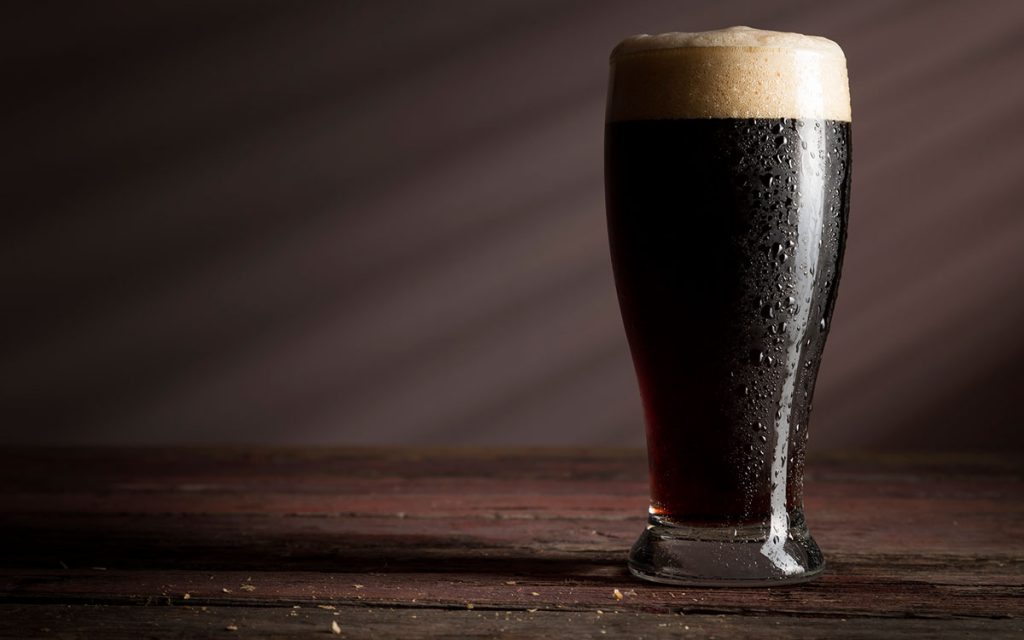An article in the Ireland Calling cites a study by researchers at Penn State University and makes the conclusion that drinking certain types of beer each day may help individuals who are experiencing hearing loss. After reading the provocative headline, you may question if this information is accurate. The simple answer is maybe… but drinking one pint of Guinness each day won’t do much to alleviate your hearing loss, and there are more effective alternatives to improve your hearing. Here’s what the research really says.
It’s estimated that roughly 20% of women, 3% of men and half of pregnant women in the U.S. have what’s called iron-deficiency anemia (IDA). Because these individuals don’t get enough iron, their blood cells can’t make hemoglobin, which limits the amount of oxygen carried through the blood. Individuals living with IDA don’t get enough oxygen to the cochlea and inner ear, and hearing loss may occur as a result.
Ingesting more iron can help stave off IDA and, in some cases, help preserve your hearing. Iron is found in certain types of beer, including Guinness. That pint of Guinness, however, only contains 3% of the iron your body needs each day. So, drinking beer isn’t a cure for your hearing problems….especially if you’re drinking a lot of it.
Excessive alcohol consumption has been linked to an increase in hearing loss severity over time because it can damage hair cells in the inner ear. Once those hair cells are damaged, they cannot regenerate, so any hearing loss that occurs is permanent. The effects of alcohol build over time, which means even moderate drinkers are at risk of hearing loss if they drink over the course of years. Thus, the more alcohol you drink, the higher your risk for hearing loss.
There are many other negative side effects of excessive drinking. The bottom line is you shouldn’t drink beer under the illusion that it’s going to make you healthier. In fact, excessive drinking on a regular basis can lead to long-term high blood pressure and even tinnitus.
So what should you do if you suffer from IDA? The most effective way to increase your iron intake is to simply add more iron-rich foods to your diet.
Foods rich in iron include:
- meat
- liver
- Seafood
- Legumes (beans and peas)
- Dark green leafy vegetables, including spinach
- Dried fruit
- Iron-fortified grains
Eating meat is the most effective way for your body to absorb iron. If you are a vegetarian, you should increase the amount of iron-rich, plant-based foods you consume to make sure you’re getting enough.
In addition to eating iron-rich foods, the Mayo Clinic recommends eating foods that contain vitamin C to further enhance your body’s iron absorption. This includes drinking orange juice or eating foods rich in vitamin C during the same meals when you are consuming iron-rich foods. Vitamin C is found in broccoli, citrus fruits, leafy greens, melons, peppers, and many fruits and vegetables.
If you are unable to increase your iron intake through dietary changes, iron supplements from your local pharmacy may be an option. Keep in mind, however, that iron supplements can actually be harmful to individuals who are suffering from sickle cell anemia, so it’s always best to ask your physician before taking any new over-the-counter supplements.
Protecting your hearing is something you should take seriously. In addition to treating anemia, you should take the following steps to prevent hearing loss:
- Wear earplugs or earmuffs when attending concerts or working with loud machinery – including lawnmowers, leaf blowers, chainsaws, etc.
- Be aware of loud sounds around you and when those sounds might become harmful.
- Undergo regular hearing screenings with hearing professionals.
- Maintain a healthy lifestyle.
- Have your hearing loss treated by a hearing professional.
Untreated hearing loss can lead to other health issues, so make sure to get regularly tested and treat any hearing loss you detect.
Page medically reviewed by Kevin St. Clergy, Audiologist, on June 3, 2020.



